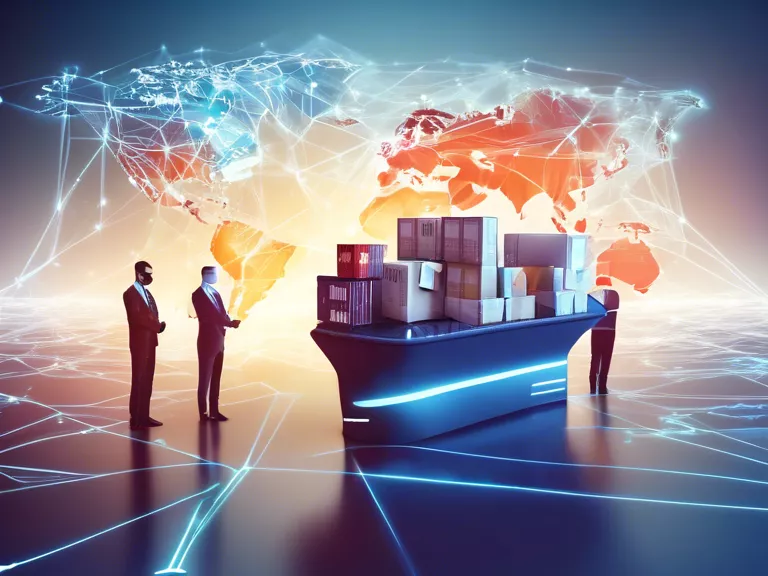
Artificial Intelligence (AI) is playing a crucial role in facilitating cross-border e-commerce and global trade. With advancements in AI technology, businesses are able to streamline operations, improve efficiency, and provide better customer experiences on a global scale. From real-time translation services to personalized recommendations, AI is transforming the way international trade is conducted.
One of the key ways AI is enabling cross-border e-commerce is through language translation. By utilizing AI-powered language translation tools, businesses can communicate with customers from different countries in real-time, breaking down language barriers and enabling seamless transactions. This not only enhances the shopping experience for customers but also opens up new markets for businesses looking to expand internationally.
AI is also being used to personalize and optimize the online shopping experience for customers. Through machine learning algorithms, businesses can analyze customer data and preferences to provide personalized product recommendations and targeted marketing campaigns. This not only increases conversion rates but also helps businesses better understand their customers and tailor their offerings to meet their needs.
Moreover, AI is improving the efficiency of supply chain management in cross-border trade. By leveraging AI-powered predictive analytics, businesses can forecast demand, optimize inventory levels, and reduce shipping times. This not only saves costs but also improves the overall supply chain process, leading to faster and more reliable delivery to customers across the globe.
In conclusion, AI is revolutionizing cross-border e-commerce and global trade by enabling businesses to overcome language barriers, personalize customer experiences, and optimize supply chain operations. As AI technology continues to advance, we can expect even greater innovations in how businesses conduct international trade, leading to a more interconnected and efficient global marketplace.



